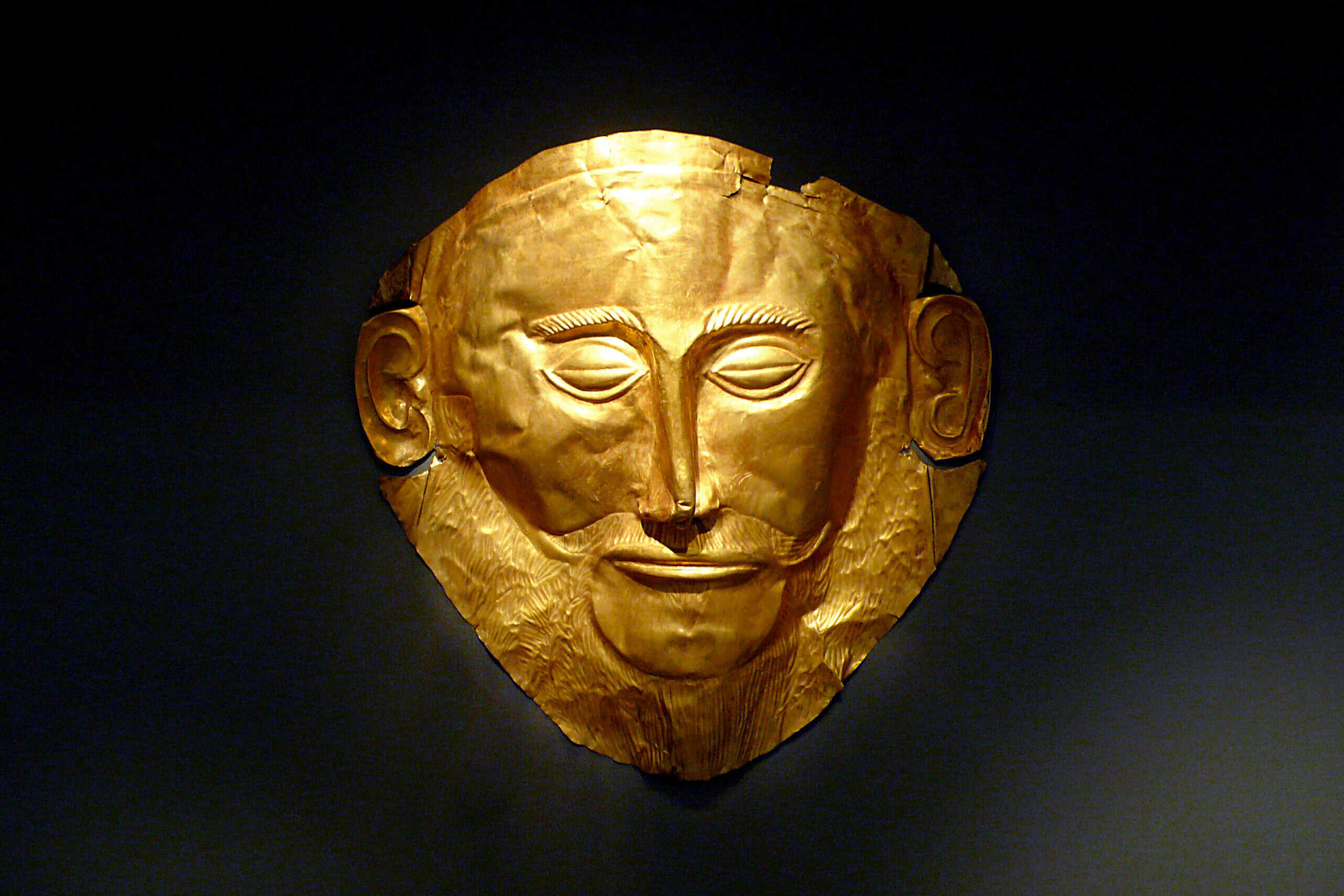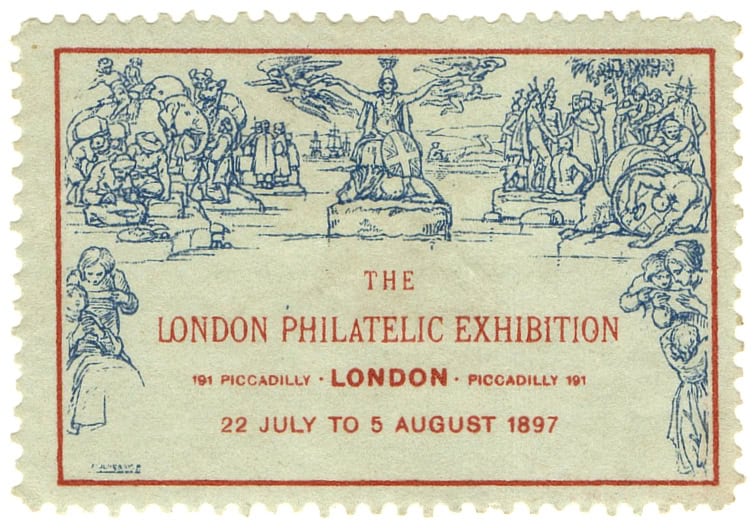Philosophy has shaped human thought for millennia, offering profound insights into our existence, ethics, and the nature of reality. Throughout history, certain philosophers have had an extraordinary impact, their ideas influencing countless aspects of society, culture, and knowledge. This list highlights 20 of the most influential philosophers of all time, each contributing significantly to the way we understand the world and our place in it. From ancient Greece to modern times, these thinkers have left a lasting legacy that continues to inspire and challenge us today.
Socrates (469/470-399 BCE)
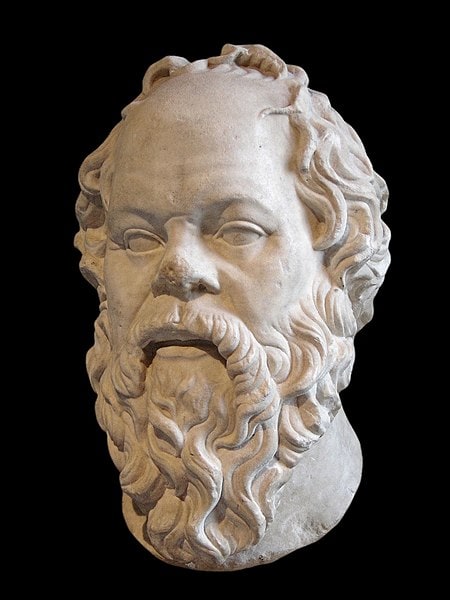
Socrates, the father of Western philosophy, emphasized the importance of ethics and human behavior. Known for his Socratic method, he engaged in dialogues that challenged conventional wisdom and exposed contradictions in his interlocutors’ thoughts. His teachings, preserved by his student Plato, have shaped the foundation of Western philosophy. Socrates’ focus on self-examination and the pursuit of virtue remains relevant today. His commitment to questioning authority ultimately led to his execution, making him a martyr for free thought.
Plato (427-347 BCE)
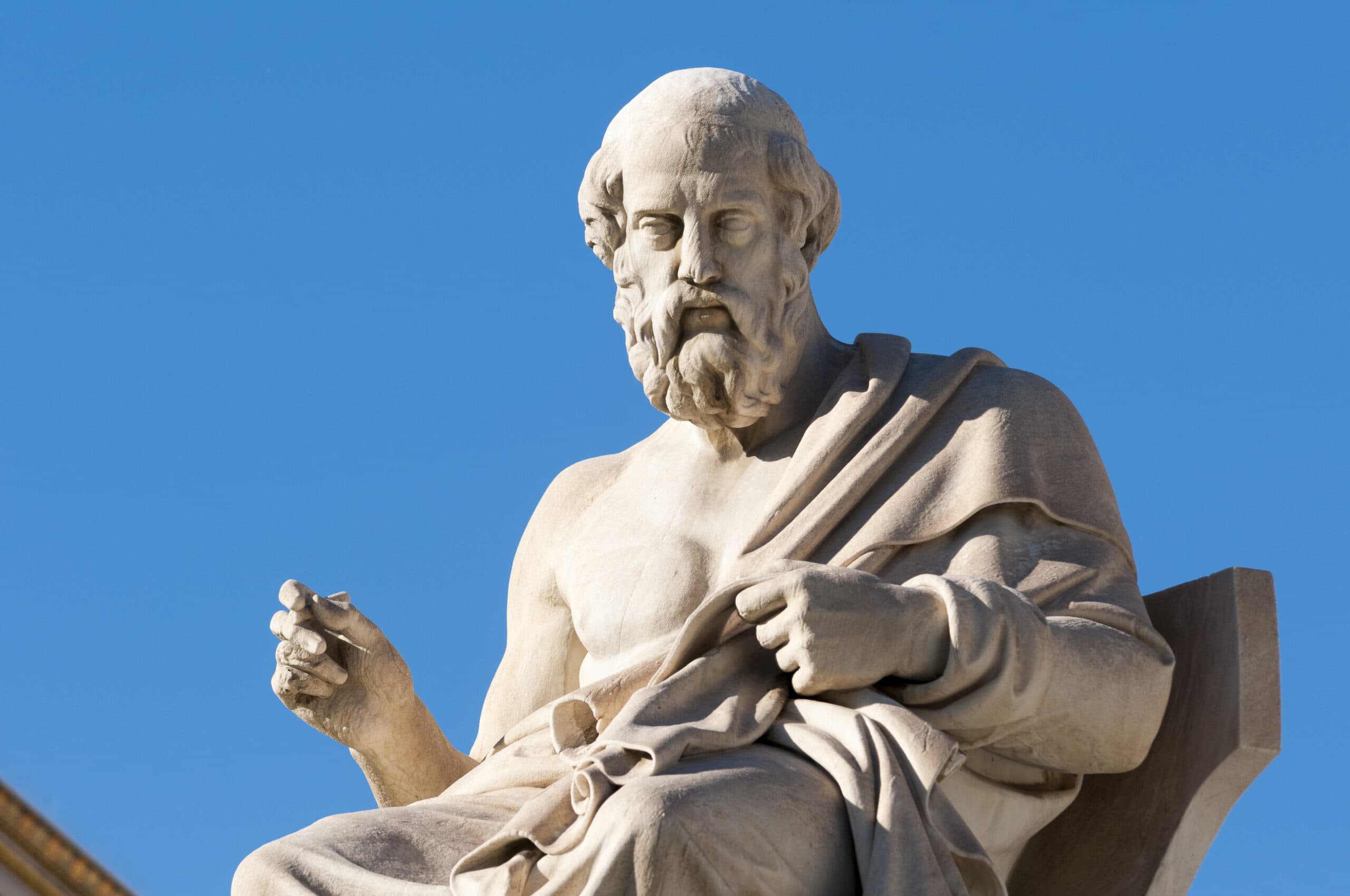
A student of Socrates and the teacher of Aristotle, Plato founded the Academy in Athens, one of the earliest institutions of higher learning. His works, including “The Republic,” explore justice, politics, and the nature of reality. Plato’s theory of Forms posits that non-material abstract forms represent the most accurate reality. His ideas on ideal societies and governance have influenced countless political theories and systems. Plato’s philosophical dialogues continue to be essential reading in philosophy courses worldwide.
Aristotle (384-322 BCE)
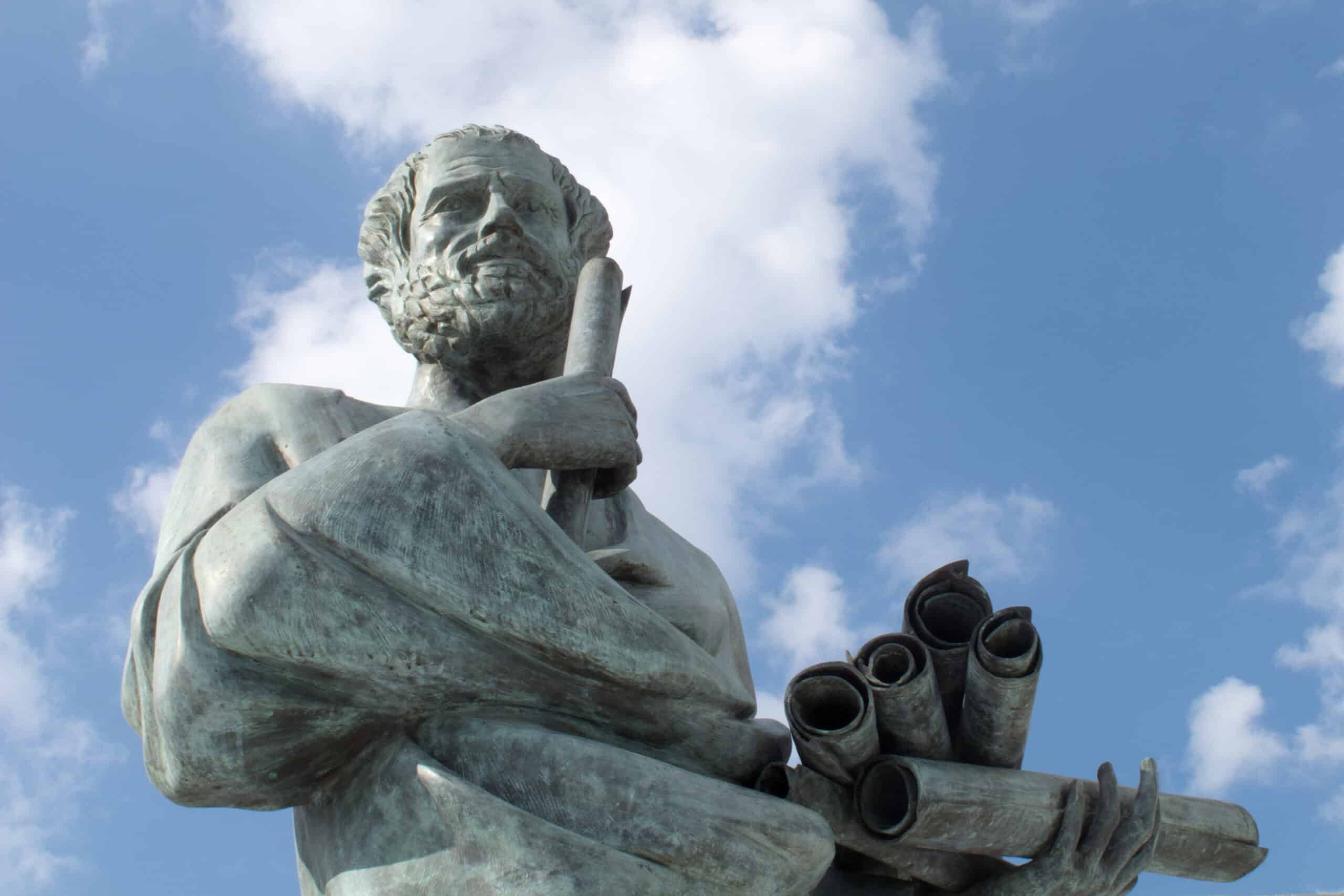
Aristotle, a student of Plato, made extensive contributions to numerous fields, including logic, metaphysics, ethics, and natural sciences. His work “Nicomachean Ethics” explores the concept of virtue and the good life. Aristotle’s empirical approach laid the groundwork for the scientific method. His classification of knowledge and systematic exploration of subjects have profoundly impacted Western intellectual history. Aristotle’s ideas remained influential throughout the Middle Ages and continue to shape modern thought.
Confucius (551-479 BCE)
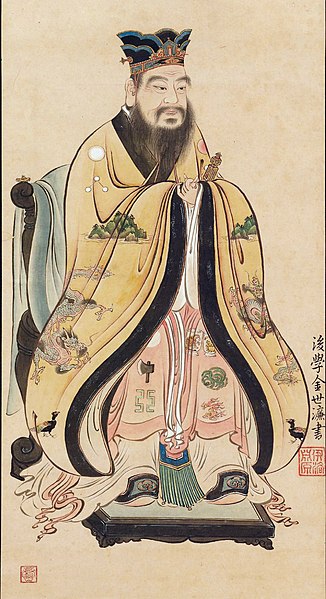
Confucius, a Chinese philosopher, emphasized personal and governmental morality, correctness of social relationships, and justice. His teachings, compiled in the Analects, have shaped East Asian societies and cultures. Confucianism stresses the importance of family, respect for elders, and the cultivation of virtue. His ideas on governance advocate for benevolent leadership and meritocracy. Confucius’ influence extends beyond philosophy, affecting education, social structures, and political systems.
Immanuel Kant (1724-1804)

Immanuel Kant, a central figure in modern philosophy, is known for his works on epistemology, ethics, and aesthetics. In “Critique of Pure Reason,” he explores the relationship between human experience and knowledge. Kant’s deontological ethics, articulated in “Groundwork for the Metaphysics of Morals,” emphasize duty and moral law. His ideas on autonomy and rationality have deeply influenced contemporary ethical and political thought. Kant’s philosophical rigor and systematization continue to inspire and challenge scholars.
Friedrich Nietzsche (1844-1900)
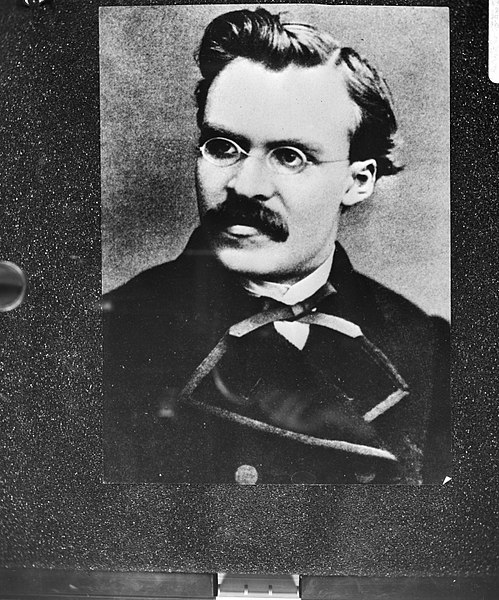
Friedrich Nietzsche, a German philosopher, challenged conventional morality and religion with his provocative ideas. His concept of the Übermensch and the declaration that “God is dead” critique traditional values and advocate for individual creativity and self-overcoming. Nietzsche’s works, such as “Thus Spoke Zarathustra,” blend philosophy with literary flair. His ideas have influenced existentialism, postmodernism, and various cultural movements. Nietzsche’s critique of nihilism and exploration of life’s meaning remain profoundly impactful.
John Locke (1632-1704)
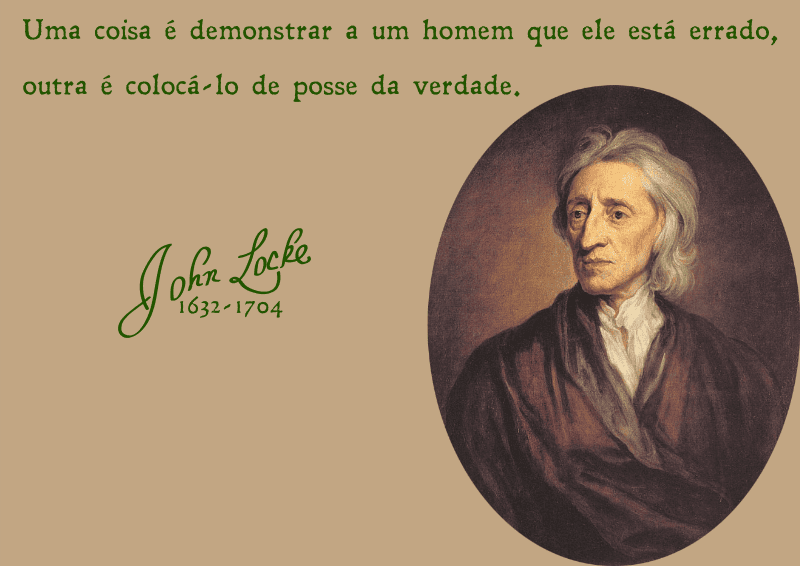
John Locke, an English philosopher, is known as the father of liberalism for his contributions to political philosophy and epistemology. In “An Essay Concerning Human Understanding,” he argues that knowledge is derived from sensory experience. Locke’s “Two Treatises of Government” advocate for natural rights, government by consent, and the separation of powers. His ideas on property, individual rights, and government have influenced the development of modern democratic societies. Locke’s work laid the groundwork for the Enlightenment and American political thought.
René Descartes (1596-1650)
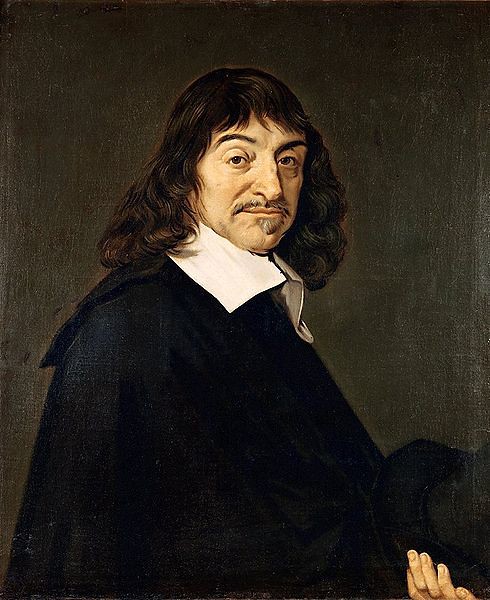
René Descartes, a French philosopher and mathematician, is considered the father of modern philosophy. His method of doubt and famous declaration “Cogito, ergo sum” (“I think, therefore I am”) established a new foundation for knowledge. Descartes’ work “Meditations on First Philosophy” explores the nature of reality, the existence of God, and the separation of mind and body. His emphasis on reason and systematic doubt profoundly influenced the development of modern science and philosophy. Descartes’ contributions to mathematics, including the Cartesian coordinate system, are equally significant.
David Hume (1711-1776)
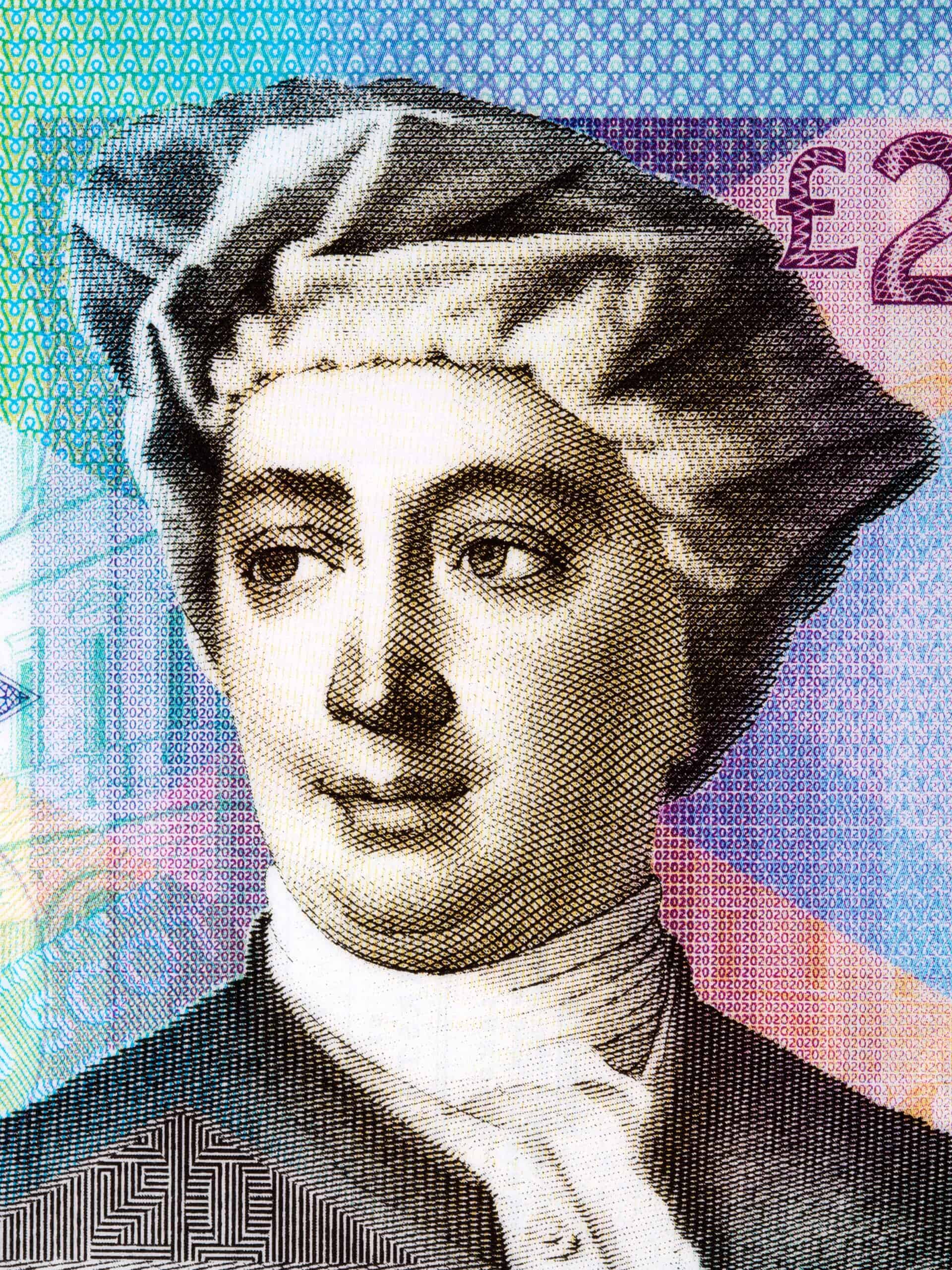
David Hume, a Scottish philosopher, is known for his empirical approach and skepticism. In “A Treatise of Human Nature,” he argues that human knowledge arises from sensory experiences and habits of thought. Hume’s critique of causation and his problem of induction challenge the certainty of scientific knowledge. His ideas on human nature, morality, and religion have deeply influenced subsequent philosophers. Hume’s work remains central to discussions in epistemology, ethics, and philosophy of mind.
Thomas Aquinas (1225-1274)

Thomas Aquinas, a medieval philosopher and theologian, synthesized Aristotelian philosophy with Christian theology. His magnum opus, “Summa Theologica,” addresses the nature of God, ethics, and the human soul. Aquinas’ Five Ways argue for the existence of God based on reason and observation of the natural world. His integration of faith and reason has been foundational for Catholic theology and Western thought. Aquinas’ work continues to be influential in philosophy, theology, and legal theory.
Karl Marx (1818-1883)
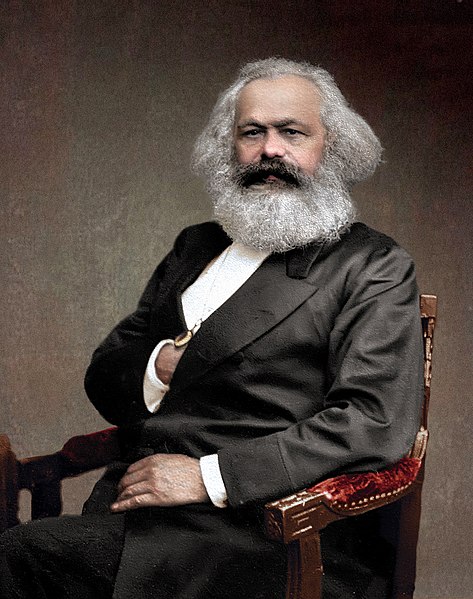
Karl Marx, a German philosopher, economist, and political theorist, co-authored “The Communist Manifesto” and wrote “Das Kapital.” His analysis of capitalism, class struggle, and historical materialism has profoundly influenced political thought and movements worldwide. Marx’s critique of capitalism and advocacy for a classless society have inspired revolutions and social changes. His ideas on alienation, labor, and economic systems remain central to debates in sociology, economics, and politics. Marx’s legacy is evident in the ongoing relevance of Marxist theory in contemporary discourse.
Jean-Jacques Rousseau (1712-1778)
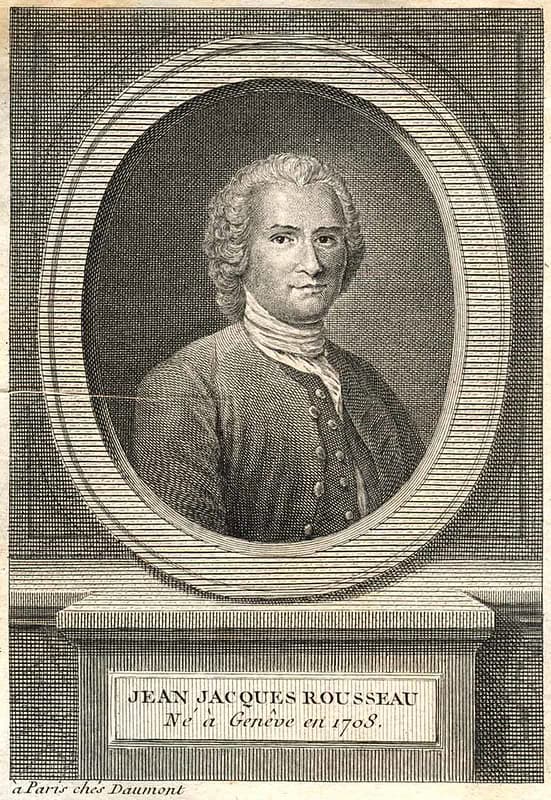
Jean-Jacques Rousseau, a Genevan philosopher, writer, and composer, is known for his influential works on political philosophy and education. In “The Social Contract,” he argues for popular sovereignty and the general will as the basis of legitimate government. Rousseau’s ideas on education, articulated in “Émile,” emphasize natural development and the importance of nurturing a child’s innate goodness. His critique of civilization and advocacy for a return to nature have inspired Romantic and revolutionary movements. Rousseau’s work continues to resonate in discussions on democracy, education, and human nature.
Georg Wilhelm Friedrich Hegel (1770-1831)
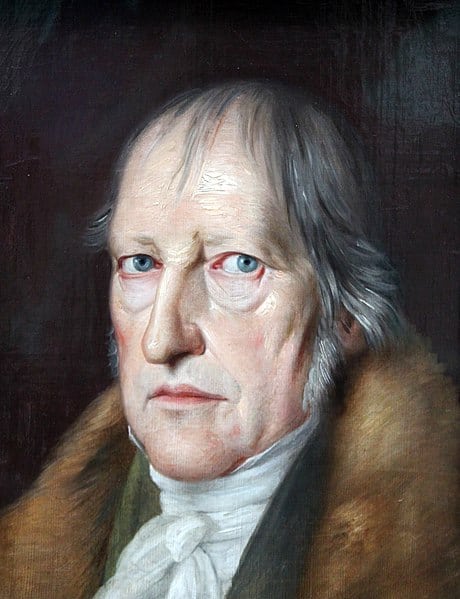
Georg Wilhelm Friedrich Hegel, a German idealist philosopher, is known for his dialectical method and comprehensive system of thought. His works, such as “Phenomenology of Spirit,” explore the development of self-consciousness and the unfolding of history. Hegel’s ideas on the dialectic, absolute idealism, and the relationship between individual freedom and the state have deeply influenced subsequent philosophical thought. His philosophy of history and social theory have shaped Marxism, existentialism, and critical theory. Hegel’s complex and ambitious system remains a central reference point in modern philosophy.
John Stuart Mill (1806-1873)
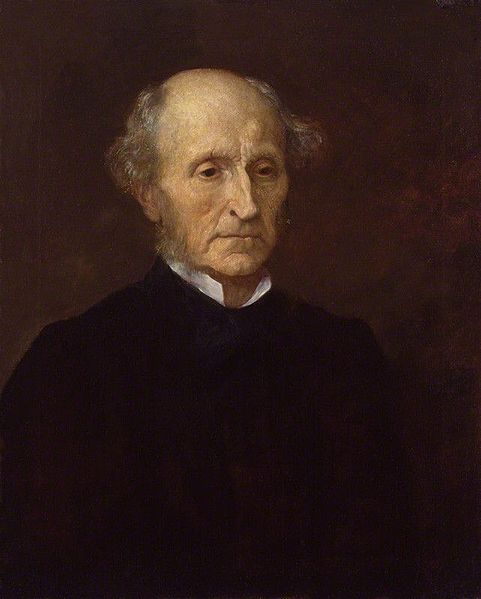
John Stuart Mill, an English philosopher and political economist, is known for his contributions to utilitarianism and liberal political theory. In “Utilitarianism,” he advocates for the greatest happiness principle as the foundation of morality. Mill’s “On Liberty” emphasizes the importance of individual freedom and the limits of state authority. His ideas on liberty, free speech, and social justice have had a lasting impact on liberal thought and public policy. Mill’s work continues to be relevant in contemporary debates on ethics, politics, and human rights.
Simone de Beauvoir (1908-1986)
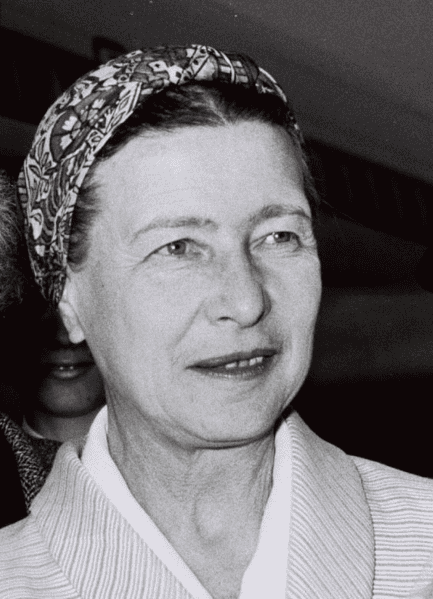
Simone de Beauvoir, a French existentialist philosopher, feminist, and writer, is best known for her work “The Second Sex.” In this seminal text, she analyzes the oppression of women and the construction of gender. De Beauvoir’s existentialist approach emphasizes freedom, responsibility, and the creation of one’s identity. Her ideas have profoundly influenced feminist theory and the women’s liberation movement. De Beauvoir’s exploration of existential themes and her critique of patriarchy continue to inspire and challenge readers.
Michel Foucault (1926-1984)
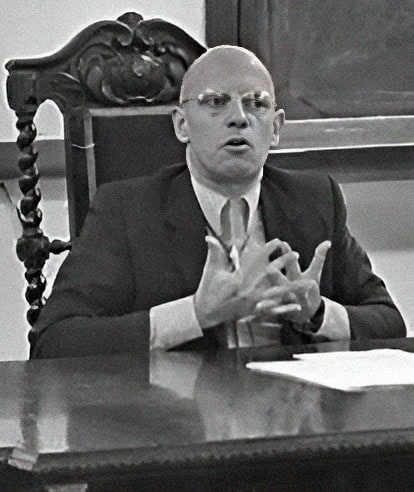
Michel Foucault, a French philosopher and social theorist, is known for his critical studies of social institutions and his theories of power and knowledge. In works such as “Discipline and Punish” and “The History of Sexuality,” Foucault examines the ways in which societal norms and power structures shape human behavior and thought. His concept of biopower and his analysis of the relationship between power and knowledge have deeply influenced contemporary social theory and critical studies. Foucault’s work challenges traditional notions of authority and highlights the pervasive effects of power in society.
Søren Kierkegaard (1813-1855)
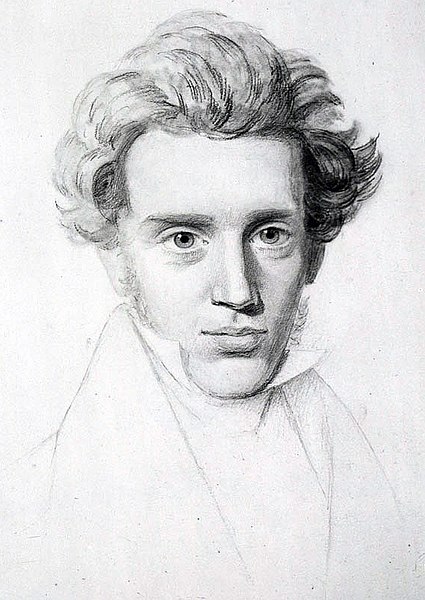
Søren Kierkegaard, a Danish philosopher and theologian, is considered a precursor to existentialism. His works, including “Fear and Trembling” and “Either/Or,” explore themes of faith, anxiety, and individual choice. Kierkegaard’s emphasis on personal experience and the subjective nature of truth challenges systematic philosophy and rationalism. His critique of institutionalized Christianity and his focus on the individual’s relationship with God have had a lasting impact on theology and existential thought. Kierkegaard’s writings continue to be influential in philosophy, literature, and religious studies.
Martin Heidegger (1889-1976)
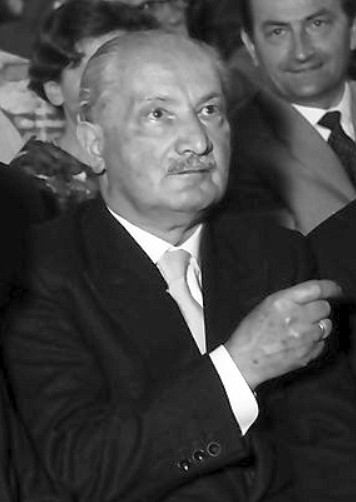
Martin Heidegger, a German philosopher, is known for his work “Being and Time,” which explores the nature of being and human existence. Heidegger’s concept of Dasein, or being-in-the-world, emphasizes the situatedness and temporality of human life. His critique of technology and his exploration of the question of being have had a profound impact on existentialism, phenomenology, and postmodern thought. Heidegger’s complex and controversial ideas continue to be the subject of extensive interpretation and debate. His influence extends across philosophy, literature, and the arts.
Hannah Arendt (1906-1975)

Hannah Arendt, a German-American philosopher and political theorist, is known for her works on totalitarianism, authority, and the nature of power. In “The Origins of Totalitarianism,” she analyzes the rise of totalitarian regimes in the 20th century. Arendt’s concept of the “banality of evil,” introduced in her report on the Eichmann trial, challenges conventional notions of moral responsibility. Her ideas on public space, action, and the human condition have deeply influenced political theory and philosophy. Arendt’s work remains essential for understanding contemporary political and social issues.
Ludwig Wittgenstein (1889-1951)
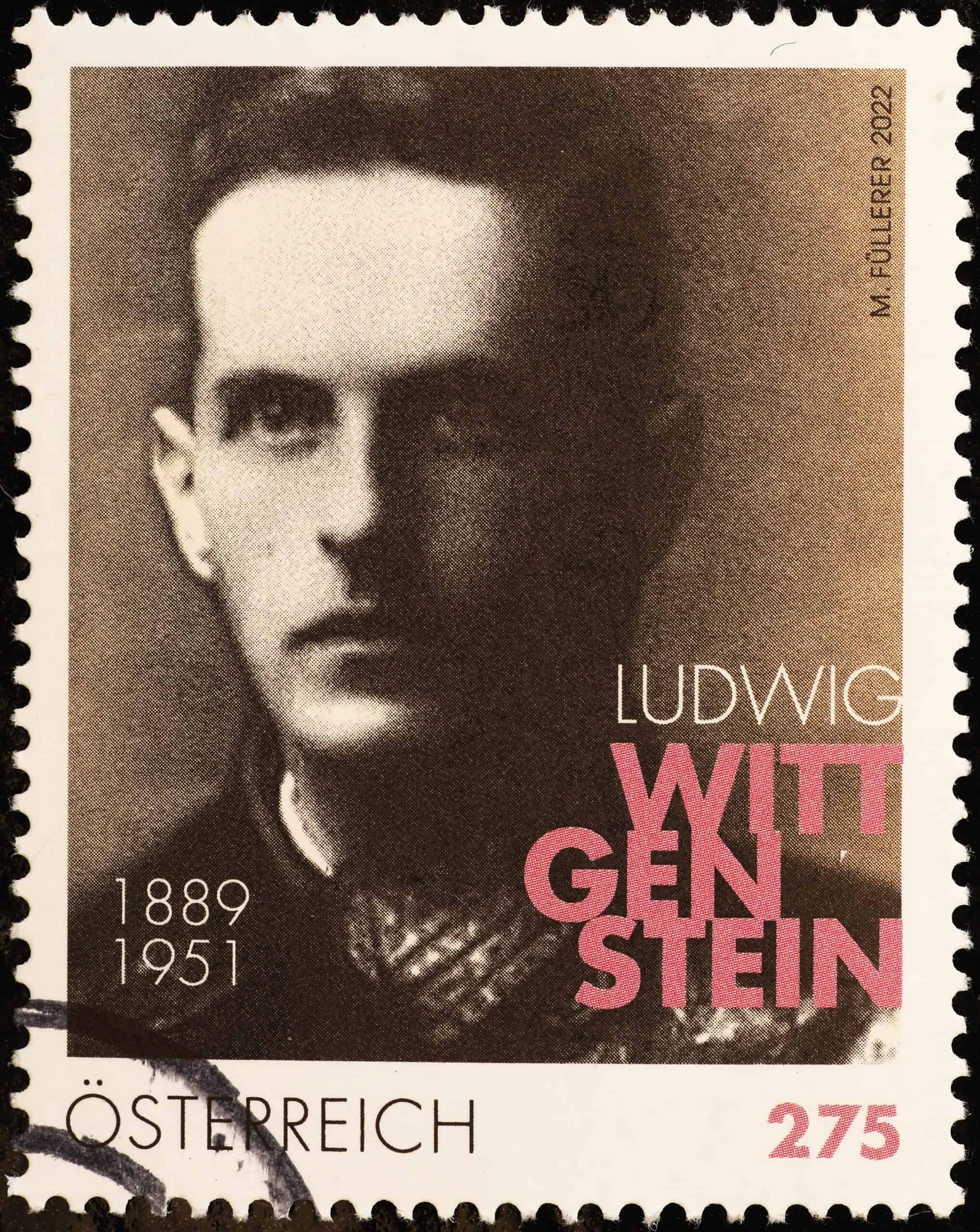
Ludwig Wittgenstein, an Austrian-British philosopher, is known for his contributions to logic, philosophy of language, and the philosophy of mind. In “Tractatus Logico-Philosophicus,” he argues that the structure of language mirrors the structure of reality. Wittgenstein’s later work, “Philosophical Investigations,” critiques his earlier ideas and introduces the concept of language games. His exploration of the relationship between language, thought, and reality has profoundly influenced analytic philosophy. Wittgenstein’s ideas continue to shape contemporary discussions in philosophy and linguistics.
This article originally appeared on Rarest.org.
More From Rarest.Org
Fossils tell the story of ancient life on Earth. These relics have captivated scientists and collectors alike, leading to some astonishing auction prices. Read more.
Exploring the rarest artifacts from ancient civilizations offers a captivating glimpse into our distant past. These treasures, unearthed from forgotten tombs and sunken ships, reveal the ingenuity, artistry, and mysteries of ancient cultures. Read more.
Vintage postcards offer a unique glimpse into the past, capturing moments, places, and events in a way that modern media cannot replicate. Collectors value these pieces not only for their artistic and historical significance but also for their rarity and the stories they tell. Read more.


